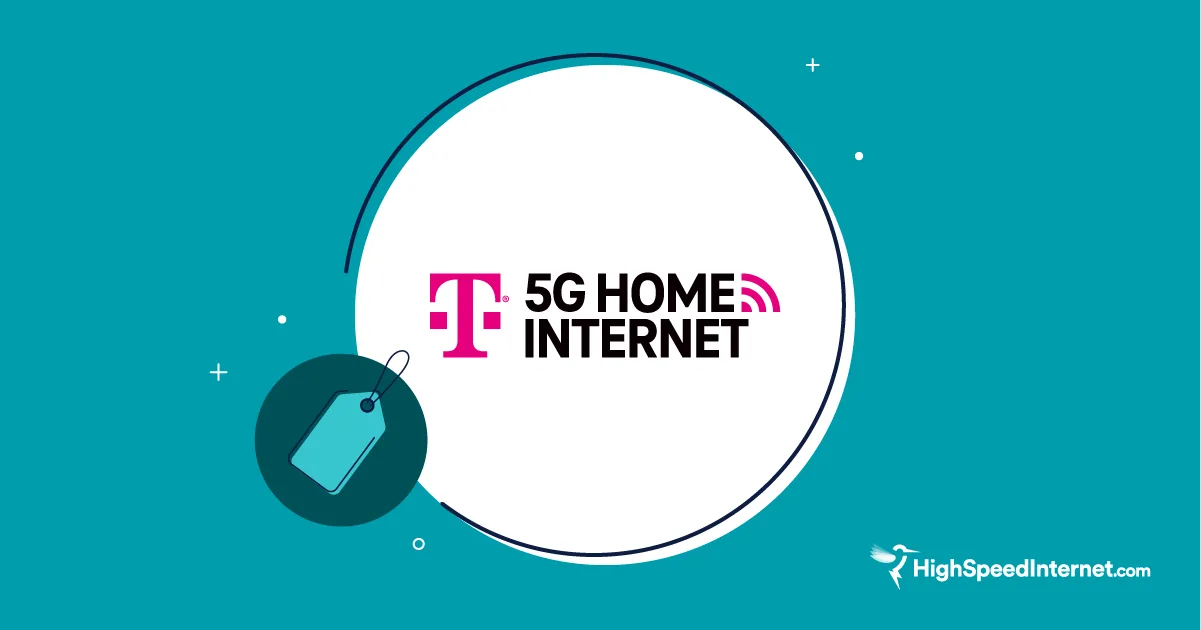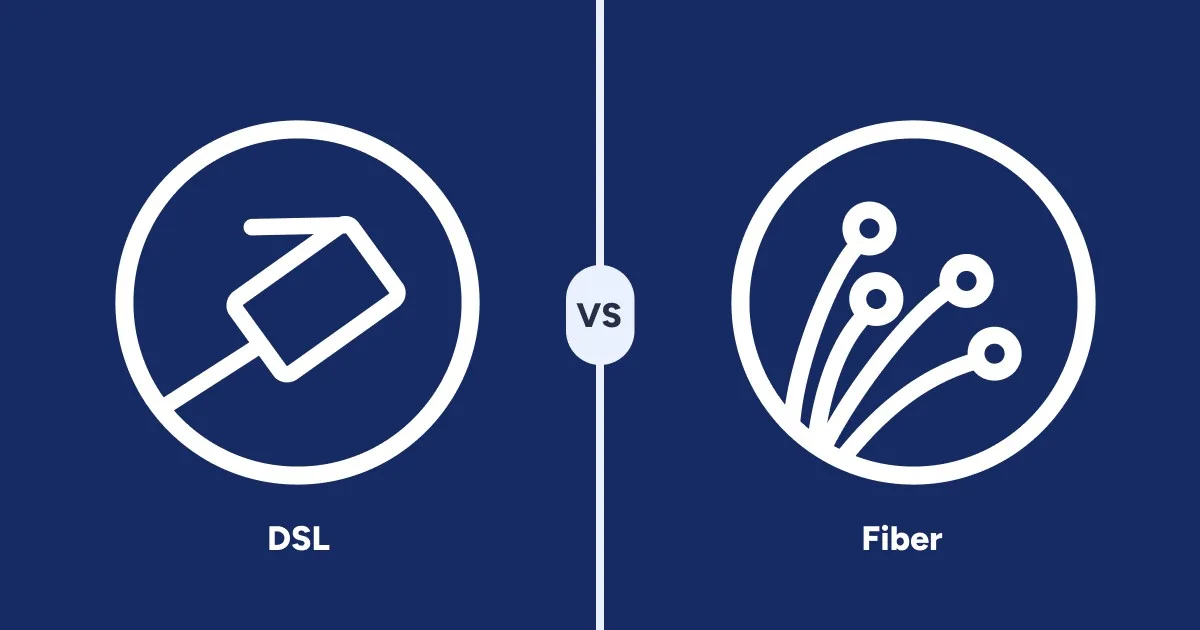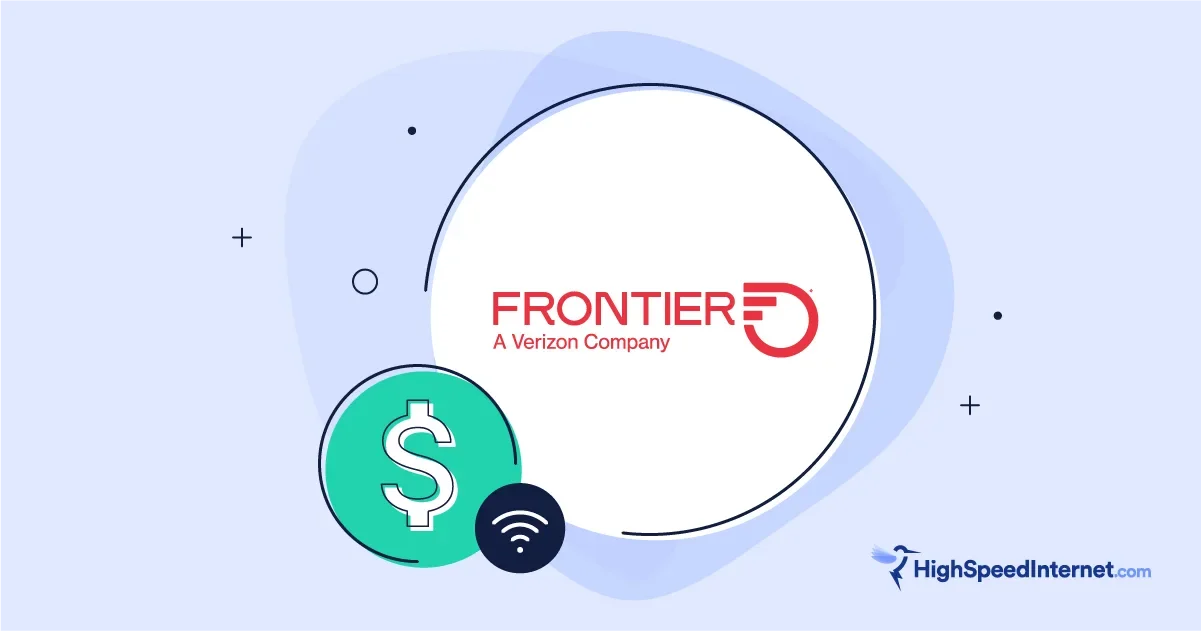Internet Bills Increase as Congress lets ACP Funding Run Out
Over 23 million households could lose service or see their bills increase
After months of Congressional deadlock, the Affordable Connectivity Program (ACP) has run out of funds. This means that internet prices will be rising for many households as the subsidy ends. In some cases, this will mean canceling internet service that no longer fits into the budget. With internet access becoming ever more integral in health care, education, and civic engagement, this will have serious consequences for those that it directly impacts.
Why did ACP funding run out?
The Affordable Connectivity Program (ACP) was created as a successor to the Emergency Broadband Benefit (EBB) program instituted in 2021 to help those dealing with the effects of the COVID-19 pandemic. It was designed to help low-income families afford an internet connection by subsidizing their internet bill. By covering $30 of a household’s internet bill, it could reduce or eliminate the monthly cost of home internet for those who qualified.
The ACP was supposed to continue providing this benefit to eligible households indefinitely, but its funding depended on the congressional appropriations process. Despite a bipartisan funding bill being introduced in early January 2024, the bill has not even been brought to the floor for a vote. This is not because the bill is unpopular. The House bill has enough co-sponsors to pass without any additional support. Unfortunately, the months-long deadlock on funding aid to Ukraine has put other bills, like those for ACP funding, on the back burner.
After halting enrollment in February, the FCC announced that the program would run out of money if new funding was not passed by the end of April.
What are the consequences?
Unfortunately, those who are most impacted by the end of the ACP will be those who can afford it the least. According to research by Economist Kaitlyn Harger, the loss of the ACP is projected to lead to vulnerable communities losing over $20 billion in economic benefits annually—far less than its $8.4 billion price tag. This broadly echoes other analyses that have found that the ACP generates $2 in economic benefits for every $1 spent.
For some, the end of the ACP will mean dealing with an internet plan that costs $30 more. Those who can’t fit this extra cost in their budget will have to downgrade to a more affordable plan or switch to another provider that offers a better deal.
Do you need an internet provider that offers lower prices? See what options are available in your area.
For other households, especially those that signed up for ACP-specific plans wholly covered by the subsidy, the increased cost might be untenable. This could mean being forced to cancel their internet connection completely. According to one recent survey, ACP participants are incredibly concerned about the further impacts losing internet access could have on their lives:
- 65% of ACP participants fear losing their job or their household’s primary source of income.
- 75% of ACP participants fear losing access to important healthcare services, like online appointments or prescription medicine refills.
- 81% of ACP parents worry about their children falling behind in school.
- 87% of seniors participating in the ACP are concerned about losing the ability to access government benefits like Medicaid and Social Security.
Perhaps those most impacted by the end of the ACP are those living on Tribal land, who could see their internet costs increase by $75 per month. Like many rural areas, Tribal lands often lack the internet infrastructure available in more urban areas. This means fewer internet options, higher prices, and slower speeds.
What happens next?
Although the ACP no longer has enough funds to give participants their full benefit, the remaining funds will be divided up and sent out in the month of May, totalling only $7–$16 per household. After May, there will be no more payments unless a funding bill is passed.
There are currently several proposed funding bills in both the House and the Senate. Notably, as of May 1, the House version of the “Affordable Connectivity Program Extension Act of 2024” has 229 co-sponsors, more than enough to pass the bill on their own. This bill is sponsored by both Republicans and Democrats and has a version of the same bill introduced in the Senate. Were these bills to be brought to the floor, they would almost certainly pass.
Senator John Fetterman announced another bill this morning that would make the ACP part of the Universal Service Fund, removing it from the congressional appropriations process and ensuring its funding in perpetuity. This is how the Lifeline program, another federal program for providing internet service, is funded. The Universal Service Fund was started in 1934 to assess long-distance telephone carriers to subsidize telephone service to low-income households and high-cost areas. It was later expanded to subsidize service to schools and libraries as well.
Senator Fetterman’s bill would expand the scope of the program once again to include internet access. Considering the relative importance of internet communication as compared to traditional telephone service, this update to the program would be very sensible.
Final thoughts
Regardless of which plan they ultimately decide on, Congress needs to do something to support those who are losing ACP benefits. Waiting until May will already have serious consequences for households that relied on the ACP. Waiting until the program ends completely will cause even more distress, even if the plan is eventually reinstated.
In the meantime, there are other government programs to help make internet service more affordable, such as the Lifeline program. There are also other ways to get free or low-cost internet service through ISPs, non-government programs, or other methods. And hopefully we’ll get an actual solution to this problem soon.
Additional resources
If you’d like to find out more about internet discounts and other ways of finding affordable internet plans, we have lots of other articles on those subjects.
Author - Peter Christiansen
Peter Christiansen writes about telecom policy, communications infrastructure, satellite internet, and rural connectivity for HighSpeedInternet.com. Peter holds a PhD in communication from the University of Utah and has been working in tech for over 15 years as a computer programmer, game developer, filmmaker, and writer. His writing has been praised by outlets like Wired, Digital Humanities Now, and the New Statesman.




